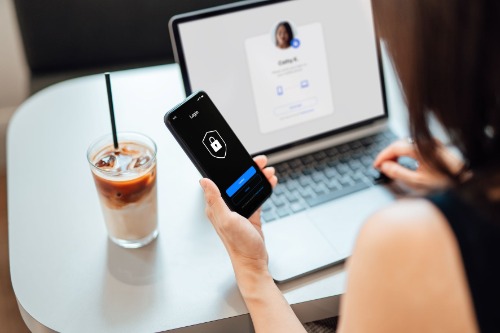Identity Theft Security for Teens and College Students
Identity theft occurs when someone uses your personal data to commit fraudulent acts. This can include your name, birthday, and other important pieces of information like your social security number. It is done most of the time to steal money or purchase expensive items.
Nowadays, even the information of teenagers and college students can be used to commit fraud of any kind. Such a matter can be tricky to navigate as a young adult, but there are ways to educate younger generations to prevent these crimes and protect their identify. We have listed a couple of tips to help youngsters avoid having their personal information stolen.
Be Alert to Phishing and Spoofing
Phishing and Spoofing are two of the most common ways information can be taken unknowingly from an individual. Some scammers are known for making calls seem like they are from big companies when in fact, they’re only trying to get your important details.
With that being the case, it’s best not to answer calls from unknown numbers. In addition, be wary of emails from unknown addresses as they may contain malware that can harm your computer. Never download attachments from someone who sends them unexpectedly.
Try Enabling Two-Factor Authentication on Your Devices
Stolen passwords account for 81% of fraudulent hacks. To better secure your personal data, enable two-factor authentication on your social accounts and emails. This can add an additional layer of protection to your information.
Two-factor authentication works by having multiple identifiers to access an account. It can be a combination of a password, biometric signature like a fingerprint, and possession such as a phone or tablet. Even if your device is stolen, the thief will have trouble trying to access your information.

Install Antivirus Software on Your Devices
Nowadays, most of our information is kept on electronic devices like phones, computers, and laptops. As a result, it can be difficult to deal with if one of your devices get compromised. A good way to protect your devices and your identity is by downloading antivirus software on them.
Hackers may use malware that contains viruses, spyware, and other unwanted software. Having antivirus software on your device can keep them from harming your hardware and, by extension, your information.
Clear Out the Data on Your Electronics
If you’re upgrading electronics and giving away your old ones, make sure to clear out all of the data on the used hardware, as they can be restored with a data recovery program.
Luckily, there are programs that can help you wipe your used devices with just a few clicks. If you want to save the information left, there are also applications that can transfer your data to a new device.
One recommendation to avoid having data stolen off your phone at any time is to encrypt your phone. In this scenario, any data left on your phone will be scrambled and therefore safe, even if you lose your phone unexpectedly.
Let Us Provide You Efficient Security Against Identity Theft
If you want to protect your account against potentially fraudulent activity, 1st Community Credit Union can equip you with fraud-fighting tools. We take pride in serving our members in the best way we know. Get in touch with us today!
« Return to "Blog"
